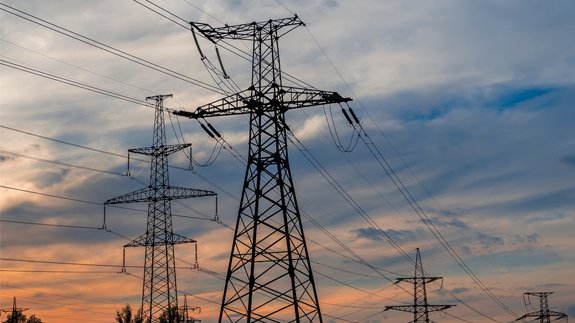The government must be clear about whether the 2020 target for the smart meter rollout is “realistic”.
The Energy and Climate Change Committee (ECC) said the extension beyond 2020 on smart metering “has raised legitimate questions” about whether it is on track to meet the deadline.
Under the draft Energy Bill, the government is seeking to extend Energy Secretary Amber Rudd’s powers over smart meter licencing to 2023 to prevent them expiring in 2018.
When questioned by the Committee, Energy Minister Lord Bourne said extending the powers will allow the government to “address things that have arisen in the course of the programme” and well as ensure “we get the maximum benefits”.
The MPs said they support the extension “with the caveat that the government must state whether the 2020 target is realistic and ensure that all those involved in the rollout programme are committed to and capable of meeting it”.
ECC Chair Angus MacNeil MP added: “The Secretary of State should continue to have oversight of this nationally important scheme but the ongoing concerns about whether the 2020 rollout deadline can be met should not be ignored. We are calling for Ministers to set out clearly the responsibilities of all those involved in the rollout and to ensure that they are able to deliver on them.
“With these draft legislative proposals expected to be introduced to Parliament shortly, we are also urging parliamentarians to continue pressing the government on this issue as the legislation makes its way through both Houses.”
DECC said it is committed to ensuring all homes and businesses are offered a smart meter by the end of the decade.
A spokesperson added: “Energy suppliers have a regulatory obligation to take all reasonable steps to complete the roll out by the end of 2020. Ofgem is regulating them against this requirement. The Secretary of State must be able to continue to make modifications to regulations to both drive the timely completion of the roll out and delivery of benefits during early operations once the roll out is complete.”
According to Smart Energy GB, the national campaign for the smart meter rollout, only 23% of people are aware of smart meters and understand them.

Ofgem
The ECC also believes government proposals to increase Ofgem’s powers over energy supply and transmission could help drive innovation and potentially reduce costs for consumers.
The draft Bill gives Ofgem new powers to change industry codes – which govern the way industry participates in energy markets – in order to help consumers switch suppliers more quickly and ensure companies match the amount of energy they buy against the amount actually consumed.
It also enables the regulator to run tenders for the design and construction of onshore transmission assets, i.e. overhead lines, underground cables and substations that transfer electricity from generators to distributors.
The report states industry is concerned the draft rules include the right only to a judicial review of the process rather than to an appeal to the Competition and Markets Authority.
The Committee is therefore calling for the proposals to be amended to ensure decisions made by the regulator are “transparent and open to appeal”.
Mr MacNeil added: “The government’s draft legislation is a step in the right direction. The energy industry has for too long been able to decide when to change the way it engages with the energy market. This has not served consumers well. Giving Ofgem the power to initiate these code changes should put the needs of customers front and centre but in the interests of clarity and transparency, we believe that Ofgem should publish an impact assessment of any changes it proposes to make.
“Likewise, industry should continue to have a right of appeal against any changes with which it disagrees on merit. The engagement Ofgem says it will undertake with industry about such changes should keep appeals to a minimum and enable alterations to be made as quickly as possible – to the benefit of billpayers.”
DECC said it is considering the recommendation and will respond in due course.





